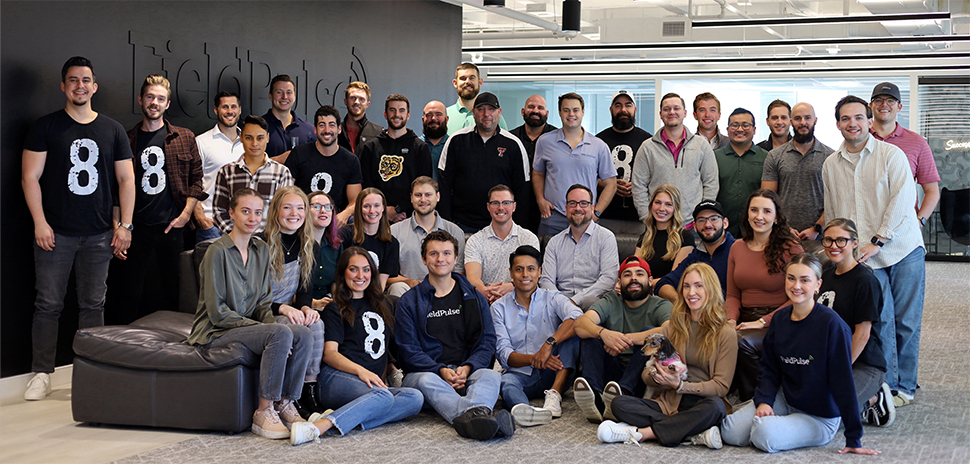[Sources: Visual Generation/istockphoto; DI Studio]
Almost everyone is concerned about online scams that seek to drain people’s bank accounts or steal their identities, and with the increasing presence of artificial intelligence in our lives, that concern has taken an even more dramatic turn as cybercriminals have been using the technology to design scams.
Now, researchers at the University of Texas at Arlington have developed software they said prevents artificial intelligence (AI) chatbots such as ChatGPT from creating phishing websites.
The software was created by Shirin Nilizadeh, assistant professor in the Department of Computer Science and Engineering, and her doctoral students Sayak Saha Roy and Poojitha Thota. It allows AI chatbots to better detect and reject instruction prompts entered by users that could be used to create phishing websites, the university said.
“These tools are very powerful, and we are showing how they can be misused by attackers,” Nilizadeh said.
UTA said the researchers have reached out to major tech companies that drive those chatbots, including Google and OpenAI, seeking to integrate their findings into broader AI security strategies.
Training software to detect and block malicious prompts
AI chatbots currently have some inbuilt detection capabilities, UTA said, but Nilizadeh said her team has found loopholes that could easily bypass them and exploit the chatbots to create these attacks.
Because of the emergence of AI chatbots, launching online scams has become highly accessible, even for attackers who have minimal technical skills, UTA said. Now, one does not need coding expertise to create a website, as AI can build one almost instantly.
To develop their tool, the researchers at first identified various instruction prompts that could be used to create phishing websites, Saha Roy said. Leveraging this knowledge, the researchers said they successfully trained their software to recognize and react to those specific keywords and patterns, which strengthened its ability to detect and block malicious prompts from being executed by the chatbots.
UTA said the research has received significant attention within the cybersecurity industry, highlighted by their recent publication at the IEEE Symposium on Security and Privacy (IEEE S&P 2024), the premier conference in the field.
In May, the researchers not only shared their findings but also received the prestigious Distinguished Paper Award, which highlighted the impact of their research even more.
“I want people to be receptive to our work and see the risk,” Saha Roy said. “It starts with the security community and trickles down from there.”
![]()
Get on the list.
Dallas Innovates, every day.
Sign up to keep your eye on what’s new and next in Dallas-Fort Worth, every day.
R E A D N E X T
-

Dallas-based FieldPulse, a leading software provider in the field service industry, announced a $21 million Series B funding round led by Fulcrum Equity Partners, the company announced. The round saw continued participation from current investors, Capri Ventures and Superseed Ventures. Founded in 2015, FieldPulse provides mobile workforce management solutions used by thousands of field service businesses worldwide, according to the company. With tools for scheduling, invoicing, customer relationship management, and more, FieldPulse aims to help field service companies efficiently manage operations. Now the company is set to ramp up growth. “We’re excited to partner with Jim Douglass and the Fulcrum…
-

The research could lead to new ways to study the human brain without influence from other bodily functions. Also, it could inform the design of machines for cardiopulmonary bypass that better replicate natural blood flow to the brain.
-

Sony’s new XR head-mounted display, designed using Siemens’ NX software, is a key part of the NX Immersive Designer. The solution aims to empower creators in industrial design and product engineering by providing “more immersive design, review, and collaboration tools.”
-

UT Dallas said that cellphones using the technology might one day be used to find studs, wooden beams, or wiring behind walls; cracks in pipes; or outlines of contents in envelopes and packages. The tech—based on technology nearly two decades in the making—could have medical applications as well.
-

Bixler will lead the Sonar team in providing comprehensive customer lifecycle management technology for internet service providers while continuing to boost growth and momentum in the fiber and hybrid ISP markets.


